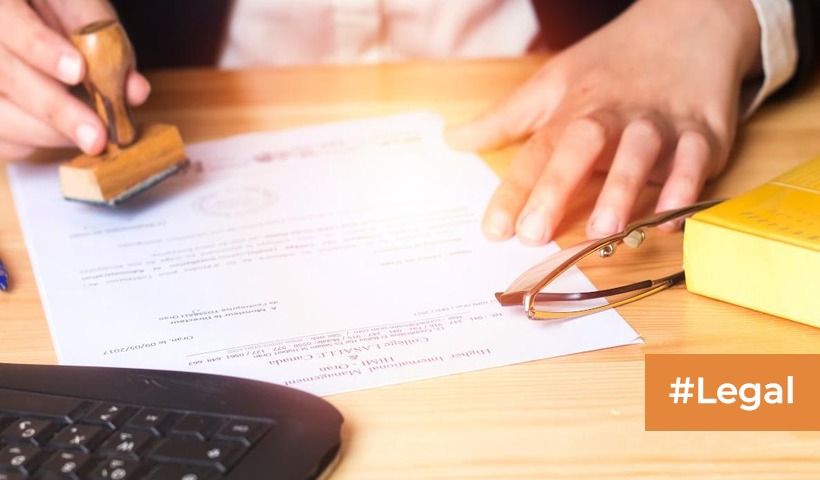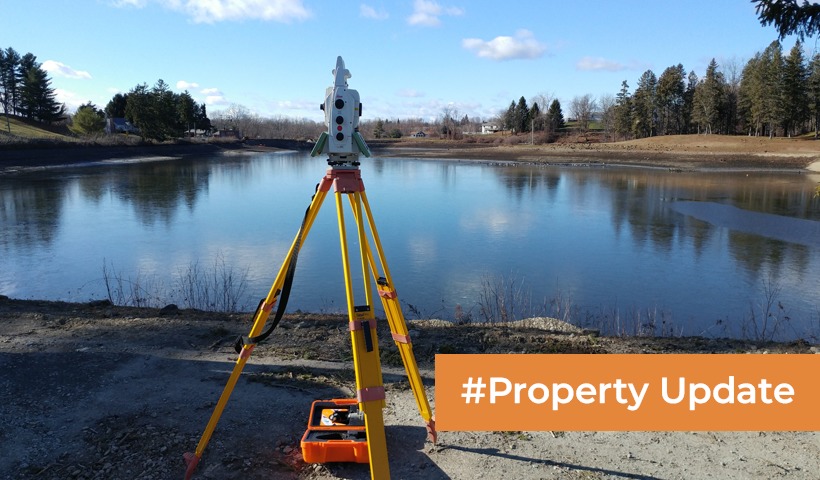Understanding the Importance and Process of Relinquishment Deeds in Property Transfer
A property may have several heirs. If one of the heirs wishes to relinquish his share or rights in the inherited property, he or she must sign a deed of relinquishment. A deed of relinquishment is valid for joint Hindu property in India. It guarantees that the remaining co-owners have full legal rights to the property.
A relinquishment deed, also known as a relinquishment deed, is a legally binding deed that transfers ownership of a property to another person. It is often used when the co-owner or the legal heir wishes to pass on their share of a property to someone else. Relinquishment deeds are voluntary deeds that are typically executed when both parties agree to the transfer. The person who is giving up the property is required to sign the deed and have two witnesses sign it. The deed is then recorded with the relevant authority.
A relinquishment deed is a legal document that is used to transfer ownership of property from one person to another. It is often used when the co-owner(s) or the legal heir(s) wishes to pass on their share of a property to another person. A relinquishment deed helps to prevent disputes over who owns the property. It also makes sure that the transfer takes place with the agreement of all parties. A relinquishment deed can also be used as a piece of evidence in the event of a legal dispute.
Register your relinquishment deed by visiting the Sub-registrar’s office of the locality you are interested in.
You will need to bring the original, photocopy of your identity, address proof, and passport-size photos with you when you visit the Sub-register’s office. You will need to register your relinquishment deed with the Sub-registrate’s office of the relevant locality. The fee for registering your relinquishment deed will be between Rs.100 and Rs.250. Once you have registered your relinquishment deed, you will be able to collect it from the Sub-regulator’s office within one week.
When is it necessary to make the relinquishment deed?
1. Die without a Will: If you die without a Will in an interstate death, you may need the relinquishment deed to transfer ownership of your property. It can also help you determine which legal heir will inherit which part of your property, who will take care of property maintenance etc.
2. Divorce: If you and your spouse want to divorce, you will need a relinquishment to give up your share of your property in the other spouse’s name.
3. Urgent Need: If one of the co-owners of the property needs to liquidate their share of the property to get urgent cash, they will need to make a relinquishment to do so.
4. Minor legal heir: The legal guardian of the minor legal heir wants to give up the former’s estate to another legal heir after getting approval from the court.
There are a few things to keep in mind when drafting a release deed
The first is that it can be made and registered in a few days using a relatively inexpensive process. The second is that it is required to be registered under section 17 of the registration law of 1908. The registration must be done in the office of the Sub-registrar under whose authority the inherited property falls. The third is that all the parties involved must sign the deed of surrender in front of at least two witnesses.
A third person is not eligible for a release deed. A release deed cannot be executed in favor of a non-co-owner of immovable property. A release deed is a gift given by the co-owner of a property when they release their shares to a third person. The terms and conditions of a release deed are as follows: The terms of the release deed are non-negotiable, meaning they cannot be altered. The terms of a release deed do not require payment of any consideration.
Documents Needed to Complete the Relinquishment Deed
- The property’s legal and registration paperwork
- A formal declaration of desire to surrender
- Information about each co-owner
- Details of the relinquishment deed
- The release and releasee’s name, age, and address
- An explanation of the attribute
- Specifics of the evaluation (if needed)
- Aadhar card, proof of identity for the parties, both parties PAN cards, and any further property-related agreements
- Any further paperwork that the authorities demand
Disclaimer: The views expressed above are for informational purposes only based on industry reports and related news stories. PropertyPistol does not guarantee the accuracy, completeness, or reliability of the information and shall not be held responsible for any action taken based on the published information.




